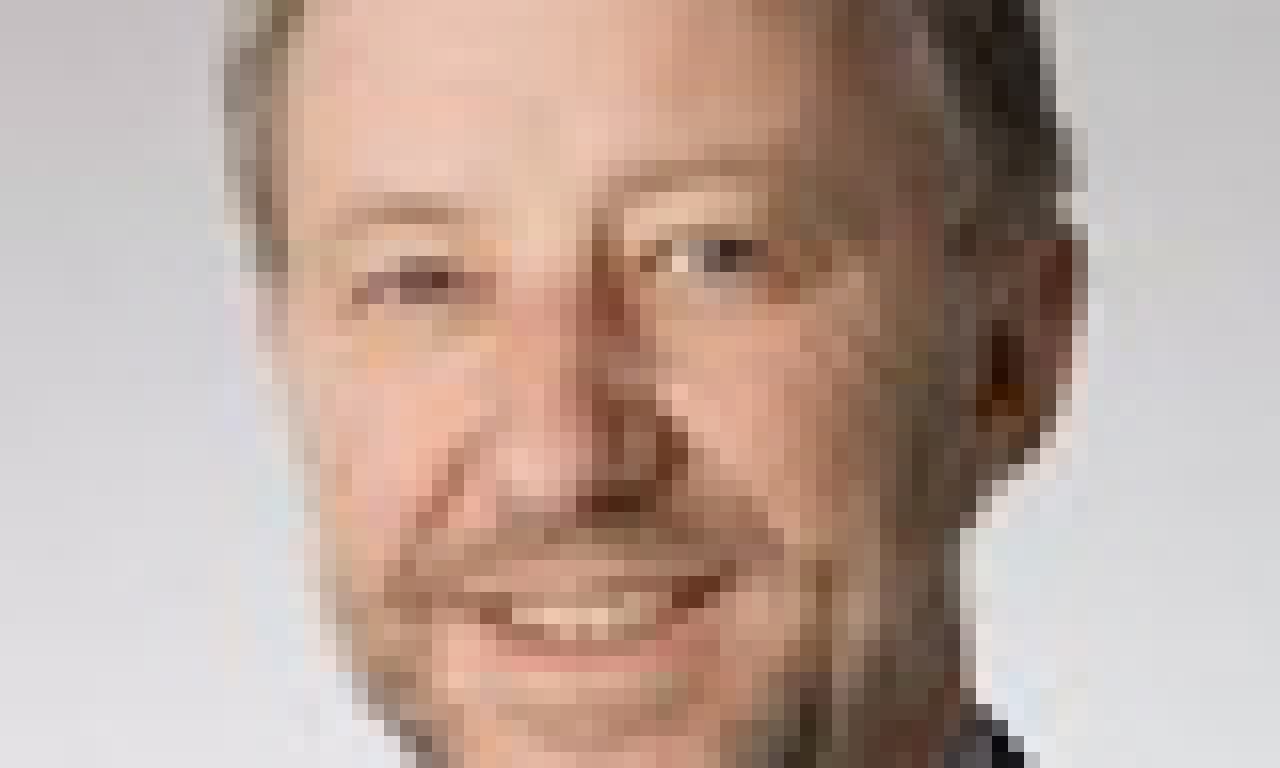(Pictured: Graeme Russell)
Following the publication last week of a commentary which was critical of Media Super, there has been a lot of discussion in investment circles about the roles of a CIO and other investment professionals at super funds. How important are they?
The commentary’s central criticisms were that Media Super should not have made its CIO role redundant, to be absorbed into the spare time of the CEO, and that the fund’s growth plans, dependent largely on mergers and acquisitions, are flawed.
Investor Strategy News (ISN) suggested that Media Super’s chair, Gerard Noonan, who has been a director of the fund for 22 years (and has served the members and the super industry at large very well during all that time), is well past his use-by date. He should retire as part of a refreshment of the board. This is Media Super’s response to our commentary, from the chief executive, Graeme Russell:
Greg, my main issue with all of this coverage is that a modest internal reallocation of resources has been somehow wildly magnified to almost suggesting the imminent demise of the Fund! It’s just a minor reshuffling of the team and task allocation to free up some resources for increased member servicing and initiatives like member-directed investment – something that good organisations responding to changes in member/customer needs and the external environment do from time-to-time.
You may quote from my points as you see fit, of course. I would appreciate you at least correcting the factual errors though.
> We did not abolish the position of CIO ‘to save on costs’. We simply decided to re-allocate our limited resources to other areas in pursuit of our growth plans.
> It is not ‘unusual’ for a smaller super fund to combine the role of CEO and CIO. BUSSQ is one example, First Super is another (the role I held), and there are others. Like other funds we have highly qualified and experienced Asset Consultants providing ongoing investment strategy advice.
> At its December 2013 meeting the Media Super Board endorsed development of a Member Directed Investment Option. Work is proceeding well.
> Media Super’s group insurance offer is indeed a good one, with our premium rates locked in until December 2015 – a further 21 months at current premium rates.
> After my arrival at Media Super in March 2013 I commissioned extensive research (including focus groups) into member needs and in particular the reason why some high-balance members are (like in every other fund) transferring to self-managed super funds. I also directed my staff to start calling every member with a significant balance to speak directly with them about their super needs. We’ve already spoken to the majority of members aged 60+ and are now calling those aged 50-59. We have a current research project tracking where members who are leaving our traditional industries are going to work, including to jobs in the digital economy. This is giving us a very deep understanding of where members are and what members want, and we’re responding (e.g. Member Directed Investment Option and other initiatives in development).
> 30 per cent of Media Super’s Directors have been appointed to the Board in the last four years. Lorraine Cassin in 2009, Susan Heaney in 2013 and Ann Tonks (subject to a Board meeting this Thursday) in 2014 – three well-qualified women from across our industries. There are few other Boards that will have had that sort of ‘refresh’ rate.
> Media Super did not ‘ditch its member administration and asset consulting contracts with Mercer’ and appoint SuperPartners, as claimed. Pillar was the administrator (of the successor fund Print Super) at the time of the 2008 merger, and was replaced by Mercer in 2010. Mercer remains the administrator. So the thesis that ‘SuperPartners customer service (to Media Super members) will be the same as about half the industry funds in the market’ is baseless.
Cheers, Graeme
Graeme Russell
Chief Executive Officer
Media Super

